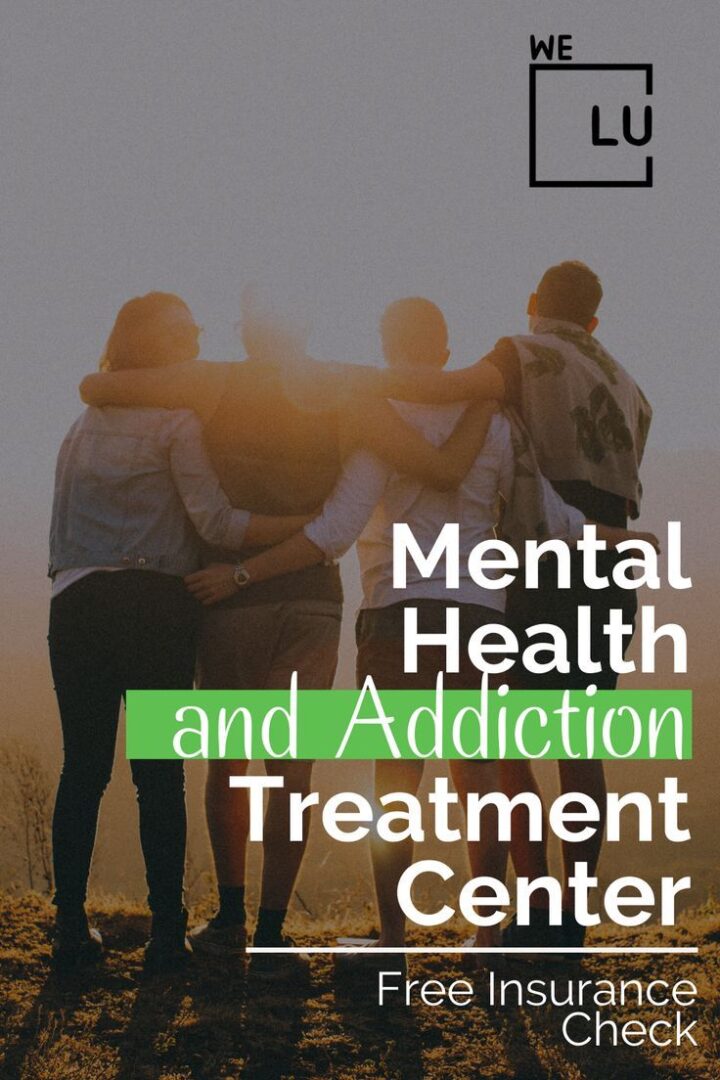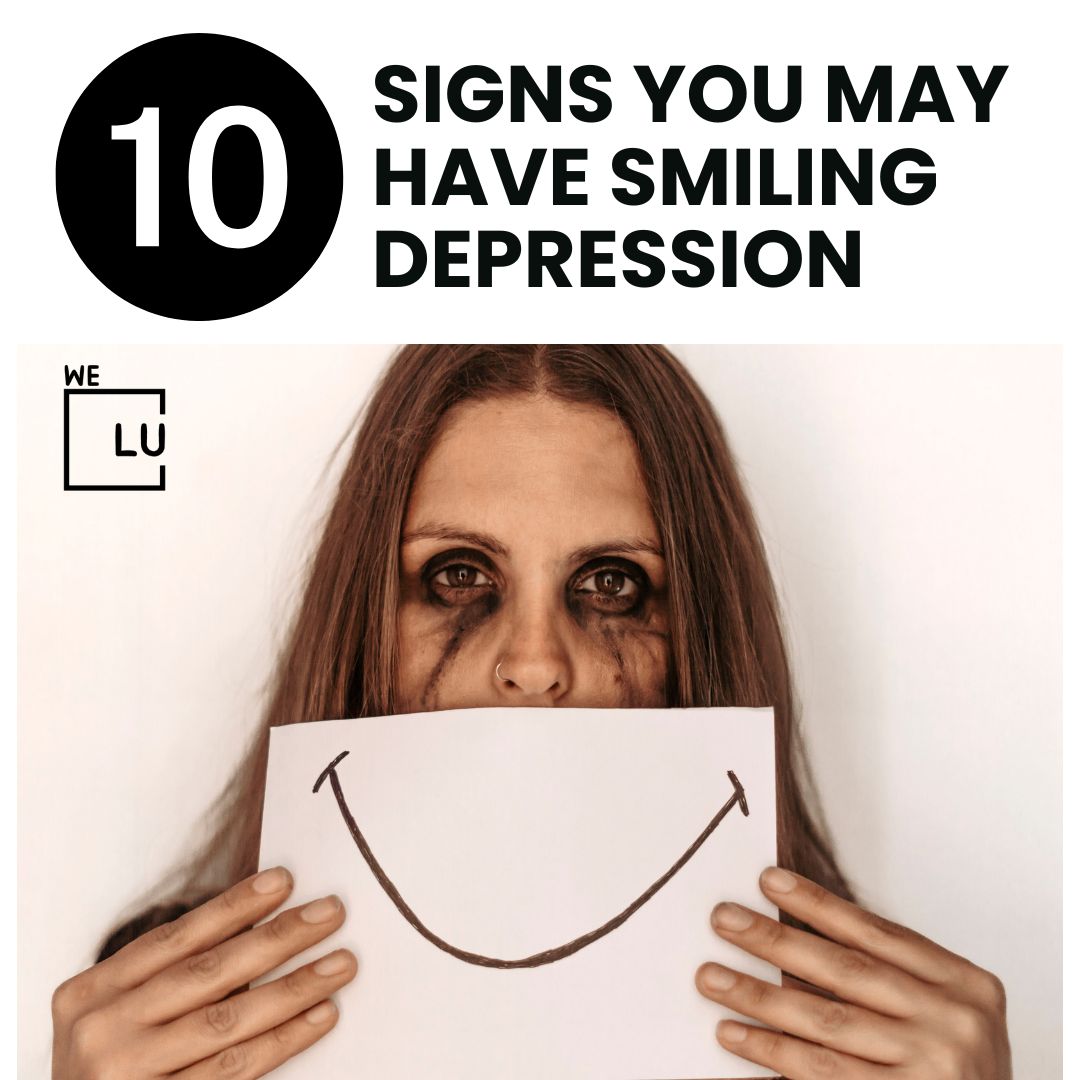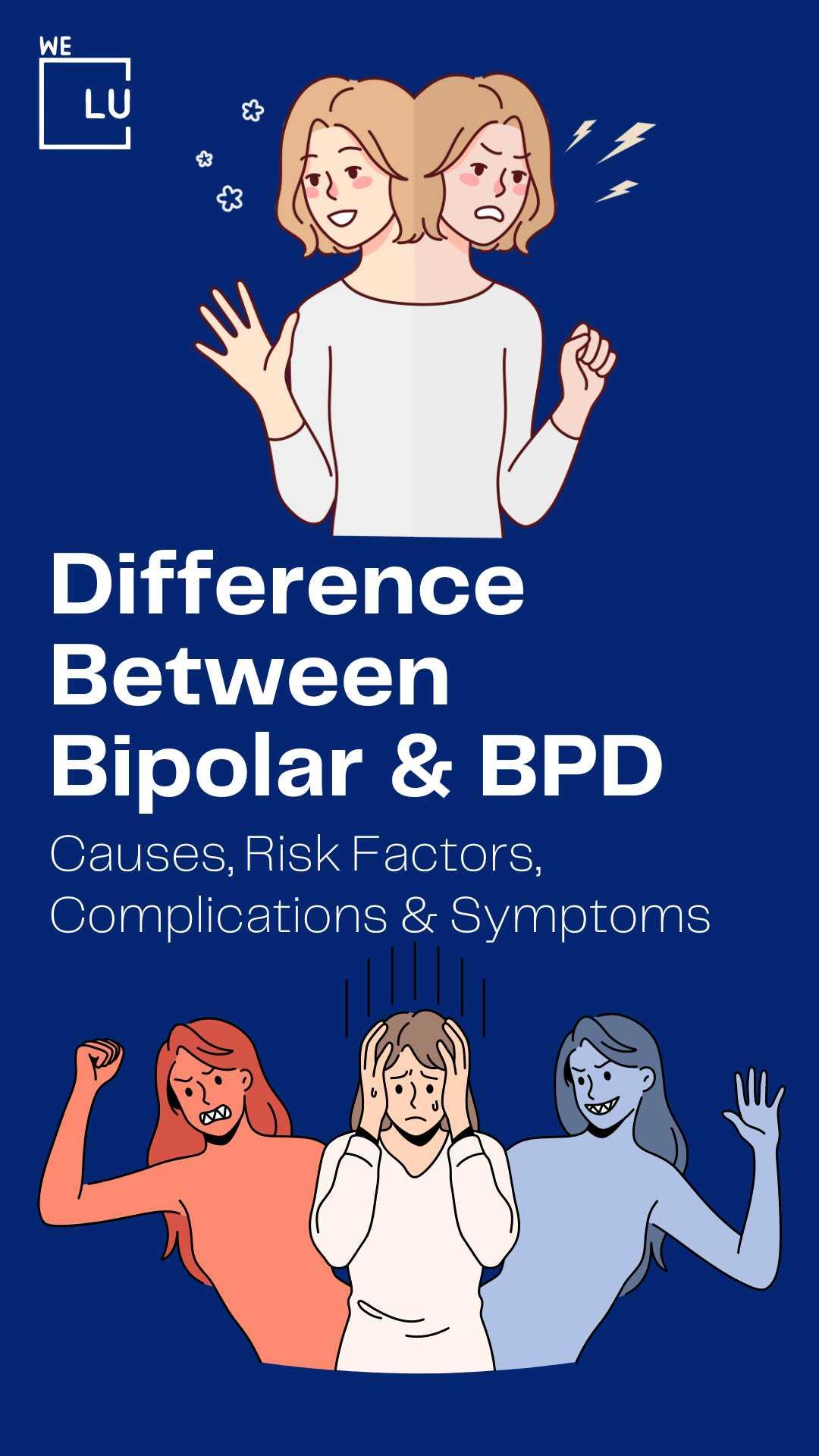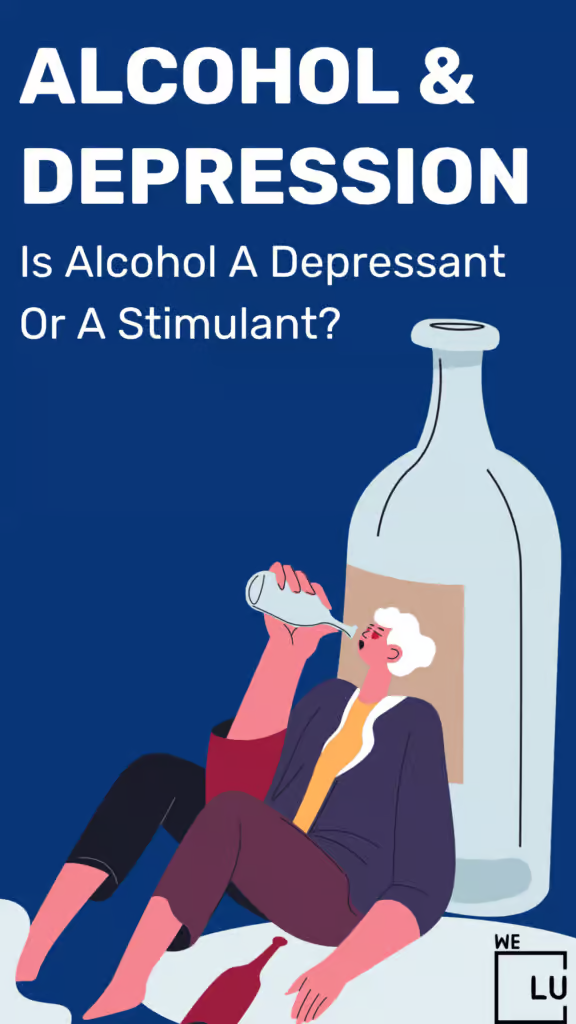What is Schizoid personality disorder?
Schizoid personality disorder is less common than other personality disorders, but it’s much more common than schizophrenia. The cause of this disorder is unknown. Some symptoms of schizoid personality disorder are similar to autism spectrum disorders, other personality disorders — especially avoidant personality disorder — and early symptoms of schizophrenia.
People with schizoid personality disorder also have a limited range of emotions when interacting with others. A consistent pattern of detachment from and general disinterest in social relationships and loneliness marked Schizoid personality disorder.
Life with SPD is marked by secrecy, absence, loneliness, and a sheltered lifestyle. For those struggling with schizoid personality disorder, now is the time to take a proactive step towards positive change. Seeking help is not a sign of weakness but a courageous stride towards improved well-being.
Schizoid personality disorder symptoms
Symptoms of Schizoid personality disorder consist in the pattern of detachment from and general disinterest in forming and maintaining social relationships.
If you have a Schizoid personality, it’s likely that you:
- Prefer solitude and engaging in solo activities.
- Lack of interest in forming or enjoying close connections.
- Experience minimal or no inclination for sexual relationships.
- Find limited pleasure in activities, if any at all.
- Struggle to articulate emotions and respond to them.
- Display a lack of humor or disinterest in others, potentially coming across as cold.
- Demonstrate a lack of ambition or motivation to pursue goals.
- Exhibit unresponsiveness to both praise and criticism from others.
- Experience little to no desire for sexual activity.
- Rarely convey emotions such as happiness or sadness.
- Display apparent indifference to feedback, whether positive or negative.
- Feel suffocated by relationships.
- Schizoid people are often labeled asexual or present with “a lack of sexual identity”.
Risks Behaviors for schizoid personality:
Real life can become secondary: While this disorder doesn’t impair the patient’s grasp on reality, it can lead to intense daydreaming and self-reflection. These fantasies may begin to overshadow real-life experiences, with the patient cultivating intricate lives and relationships within their internal world. Real-world concerns take a back seat to the allure of their fantasy realm, serving as a potential coping mechanism against external challenges. These inner fantasies often revolve around themes of omnipotence and grandiosity. Notably, the disorder shares connections with schizotypal personality disorder and schizophrenia, both linked to creative thinking. Speculation suggests that the internal fantasy aspect of SzPD may also manifest as a reflection of this cognitive process.

Skip to:
Learn More:
Higher risk of suicide: Schizoid personality disorder symptoms such as isolation and the blunted affect put people with schizoid personality disorder at a higher risk of suicide and non-suicidal self-harm. Demonstrative suicides or suicide blackmail, as seen in cluster B personality disorders such as borderline, histrionic, or antisocial personality, are extremely rare among schizoid individuals. Their loneliness and alienation from normal interpersonal relationships make them easy prey to suicidal thoughts, as these persons also have low self-esteem and low tolerance for rejection, humiliation, and frustration.
Self-harm: Research has explored the connection between schizoid personality and self-harm, revealing some noteworthy findings. Individuals with schizoid personality traits may be at an increased risk of engaging in self-harming behaviors. Self-harm may become a way for them to externalize emotional pain or find a release for the intense internal struggles they experience.
Get resources for Schizoid Personality Disorder that works. Discover professional help from We Level Up’s addiction and mental health therapists. Start getting support with a free call to our mental health hotline.
Get Help. Get Better. Get Your Life Back.
Searching for Accredited Drug and Alcohol Rehab Centers Near You? We Level Up Texas Is Opening Soon!
Even if you have failed previously and relapsed, or are in the middle of a difficult crisis, we stand ready to support you. Our trusted behavioral health specialists will not give up on you. When you feel ready or just want someone to speak to about therapy alternatives to change your life call us. Even if we cannot assist you, we will lead you to wherever you can get support. There is no obligation. Call our network hotline today.
FREE Addiction Hotline – Call 24/7Schizoid personality disorder causes
Finding a specific cause is impossible; personality disorders have unknown and confused origins, and researchers keep investigating to figure out any possible cause of this kind of behavior and condition.
- Genetic Factors: Certain researchers posit a potential genetic link between schizophrenia and schizoid personality disorder. Additionally, the resemblance between some characteristics of autism spectrum disorder and schizoid personality disorder has led to speculation about a genetic correlation between the two.
- Environmental Factors: Studies indicate that individuals with SPD often originate from environments characterized by a deficiency in emotional nurturing. Essentially, growing up with caregivers who were emotionally distant, neglectful, and detached during childhood may play a role as a cause of schizoid personality disorder.
How is SPD diagnosed? Schizoid Personality Disorder Test

Physical and mental examinations, mental health, and daily living questions are usually conducted; some evaluations may include drug use and consumption tests.
Subsequent psychological and psychiatric evaluation may result in questions about feelings, fears, actions, decision-making, and behaviors to be considered. As well as interviews with family and close associates.
Your mental health professional may compare your symptoms to the Diagnostic and Statistical Manual of Mental Disorders (DSM-5-TR) guidelines published by the American Psychiatric Association.
Schizoid Personality Disorder Test
Here at We Level Up, we offer a free online Schizoid personality disorder test based on typical symptoms and early signs you can recognize in your present life. Make sure to answer honestly; according to your answer, you will find suggestions. This tool does not replace medical, cognitive, or psychological testing. You can call We Level Up Texas specialists to book an assessment.

Get Your Life Back
Find Hope & Recovery. Get Safe Comfortable Detox, Addiction Rehab & Dual Diagnosis High-Quality Care.
FREE Addiction Hotline – Call 24/7Interesting facts about Schizoid personality disorder
Schizoid personality disorder vs Autism:
Autism diagnoses exist on a spectrum, meaning that the symptoms vary in type and degree. While severe autism may include learning disabilities, high-functioning autism can have elevated learning capacities. Difficulties with social behaviors collectively underpin autism.
As one of 10 different types of personality disorders, schizoid personality disorder is unique from ASD. Personality disorders similarly disrupt people’s ability to bond with others, solve problems, or adapt to changing environments. Personality disorders resemble the basic structure of autism but aren’t quite as complex.
Schizoid personality disorder vs Schizophrenia:
Schizophrenia is a range of mental health conditions that cause a significant disconnection from reality. A person with schizophrenia may experience a combination of hallucinations, delusions, and highly disorganized thinking and behavior that dramatically impairs their daily functioning. Maybe there can be confusion and a mistaken association due to the names, but actually, Schizoid personality is way different from Schizophrenia.
Schizoid personality disorder vs Schizotypal personality disorder:
Schizoid Personality Disorder (SPD) and Schizotypal Personality Disorder (STPD) belong to Cluster A personality disorders characterized by odd and eccentric behavior. SPD is marked by a pervasive disinterest in forming close relationships, leading individuals to prefer solitary activities and appear emotionally detached. Their coping mechanism involves withdrawing from social interactions, and they typically lack cognitive distortions or eccentric thought patterns.
On the other hand, STPD individuals struggle with both interpersonal relationships and distorted perceptions of reality. They may exhibit odd or eccentric behavior, peculiar emotional expressions, and unusual beliefs. STPD individuals cope with social discomfort through eccentricities, including magical thinking, and may even experience transient psychotic symptoms.
Opening Soon! First-Class Facilities & Amenities
World-Class High-Quality Addiction & Mental Health Rehabilitation Treatment
Coming Soon! Rehab Centers TourRenowned Addiction Centers. Serene Private Facilities. Inpatient Rehab Programs Vary.
FREE Addiction Hotline – Call 24/7Proven recovery success experience, backed by a Team with History of:
- 15+ Years Experience
- 100s of 5-Star Reviews
- 10K+ Recovery Successes
- Low Patient to Therapist Ratio
- Onsite Medical Detox Center
- Comprehensive Dual-Diagnosis Treatment
- Complimentary Family & Alumni Programs
- Coaching, Recovery & Personal Development Events
Schizoid personality disorder treatment
People struggling with SPD do not seek mental health assessment until they feel depressed (a collateral issue); related problems show the actual mental health condition, such as a Schizoid personality. If you are suspecting about any loved one, suggest to seek professional help.
Medication: Treating schizoid personality disorder can lead some medication which is not completely effective. certain medications may reduce the Schizoid personality disorder symptoms and treat co-occurring mental disorders. Since the symptoms of SzPD mirror the negative symptoms of schizophrenia, antipsychotics have been suggested as a potentially effective medication for SzPD.
Cognitive-Behavioral Therapy: Therapy aims to explore and address underlying issues, improve social skills, enhance emotional expression, and develop strategies for managing distressing symptoms. The therapist provides a supportive and non-judgmental environment to help individuals build meaningful connections and improve their overall quality of life.
Social Skills Training: Since social interaction can be challenging for individuals with SPD, social skills training can be helpful. This therapy focuses on teaching specific skills for initiating and maintaining conversations, reading social cues, and understanding appropriate social behavior. Through practice and feedback, individuals can gradually improve their ability to engage with others.
Group Therapy: Participating in group therapy or support groups offers individuals with Schizoid Personality Disorder (SPD) an opportunity to connect with others who share similar experiences. Engaging in discussions about thoughts, feelings, and challenges within a supportive group setting can contribute to alleviating feelings of isolation. Moreover, these group interactions provide a platform for enhancing social skills and fostering a sense of belonging among individuals with SPD.
Overcoming Schizoid Personality Disorder. Find the Support You Need.
Overcoming Schizoid Personality Disorder is often a challenging process to go through alone. However, you can manage the Schizoid personality disorder symptoms and successfully recover from therapy and a robust support system at the We Level Up treatment centers. If you require assistance with your mental health journey, contact a We Level Up treatment professional now. Your call is free and confidential.
Get a free rehab insurance check without any obligation.
Opening Soon! World-class, Accredited, Anticipated 5-Star Reviewed, Effective Addiction & Mental Health Programs. Complete Behavioral Health Inpatient Rehab, Detox plus Co-occuring Disorders Therapy.
FREE Addiction Hotline – Call 24/7End the Addiction Pain. End the Emotional Rollercoaster. Get Your Life Back. Start Drug, Alcohol & Dual Diagnosis Mental Health Treatment Now. Get Free No-obligation Guidance by Substance Abuse Specialists Who Understand Addiction & Mental Health Recovery & Know How to Help.
Learn about Personality Disorders
Start a New Life
Begin with a free call to an addiction & behavioral health treatment advisor. Learn more about our dual-diagnosis programs. The We Level Up treatment center network delivers recovery programs that vary by each treatment facility. Call to learn more.
- Personalized Care
- Caring Accountable Staff
- World-class Amenities
- Licensed & Accredited
- Renowned w/ 100s 5-Star Reviews
We’ll Call You
Search We Level Up Schizoid Personality Disorder, Mental Health Topics & Resources
Sources
- SAMHSA (Substance Abuse and Mental Health Services Administration):
- Mayo Clinic: Schizoid personality disorder
- Raine A, Allbutt J (February 1989). “Factors of schizoid personality”. The British Journal of Clinical Psychology.
- National Institute of Mental Health (NIMH): Personality Disorders (2024)
- Attademo L, Bernardini F, Spatuzzi R (2021). “Suicidality in Individuals with Schizoid Personality Disorder or Traits: A Clinical Mini-Review of a Probably Underestimated Issue” (PDF). Psychiatria Danubina. 33 (3): 261–265.
- Madonna J (December 1, 2021). “Sensitivity, isolation, and loneliness in the treatment of schizoid personality disorder”. Modern Psychoanalysis. 45 (2): 155–175 – via EBSCO.
- Akhtar, Salman (2000-01-01). Broken Structures: Severe Personality Disorders and Their Treatment. Jason Aronson, Incorporated. ISBN 978-1-4616-2768-5.
- Theodore Millon and Seth Grossman; 2021 Ed – Personality Disorders In Modern Life
- American Psychiatric Association (APA):
- WebMD: Schizoid Personality Disorder





